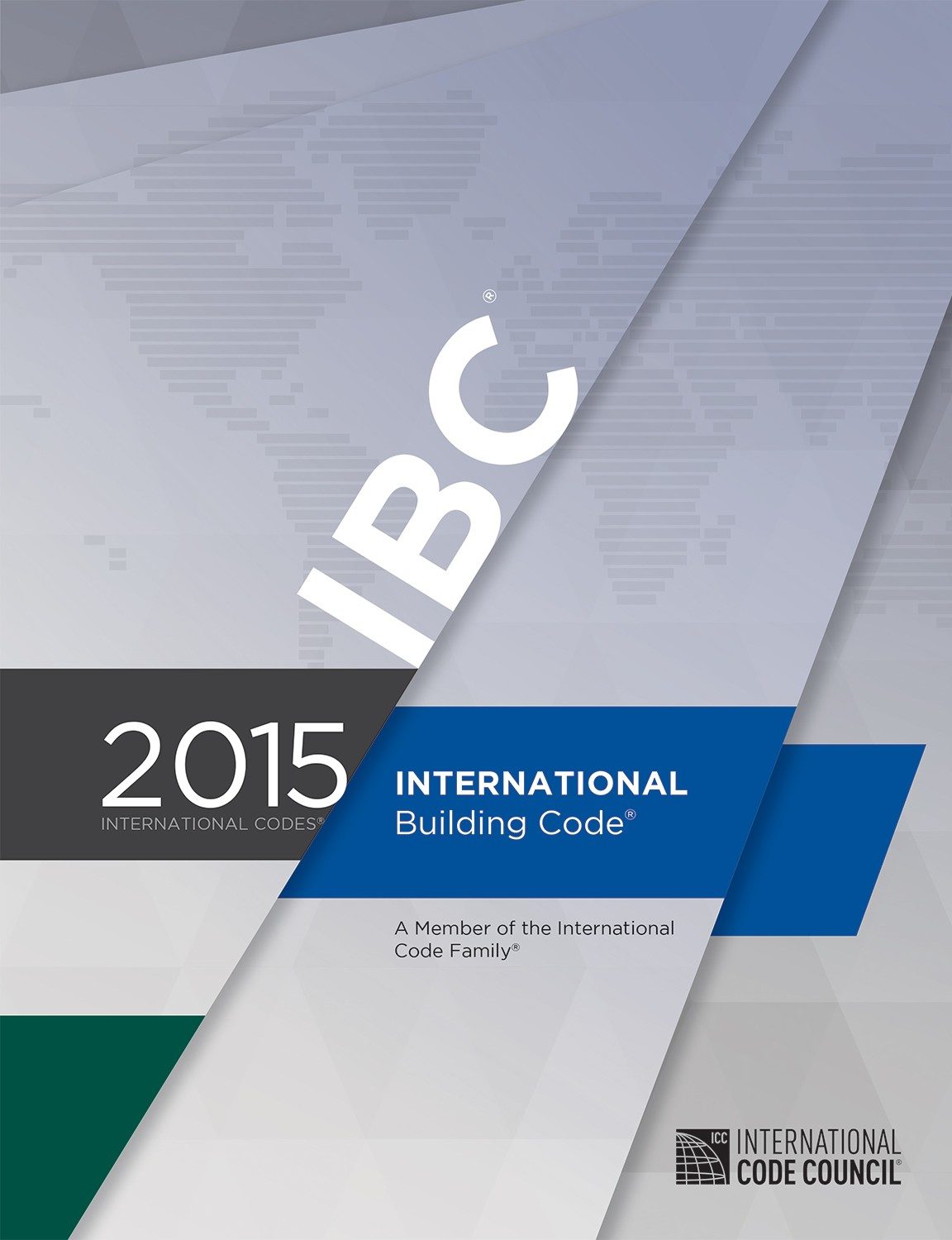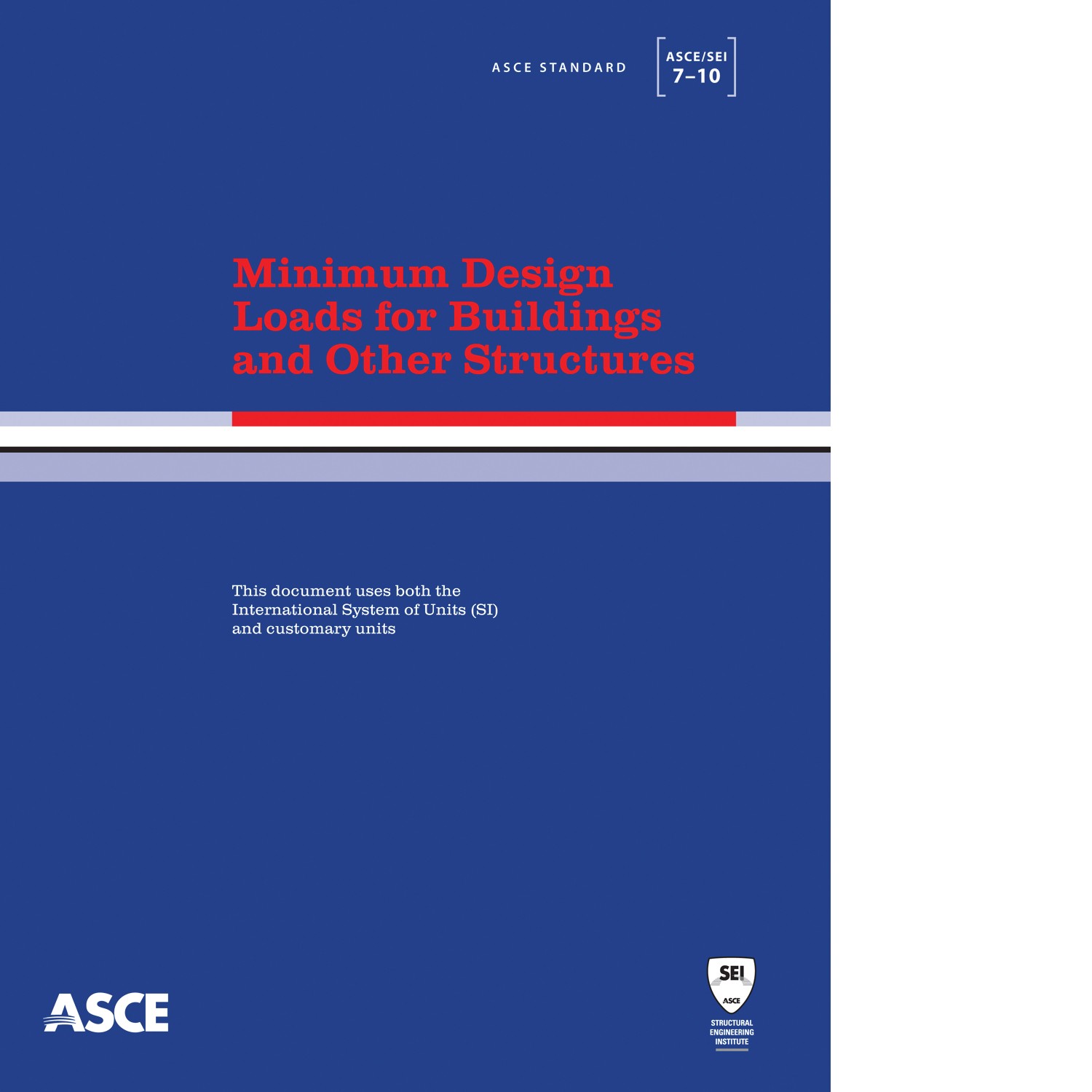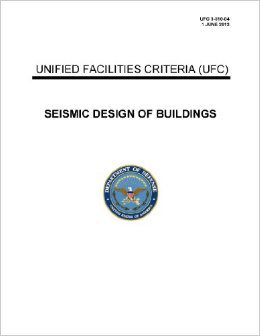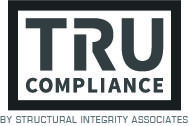IBC COMPLIANCE CERTIFICATION
The International Building Code (IBC) requires that critical systems and components must not only maintain structural integrity during an earthquake, but also remain operational and continue to carry out their primary functions (per 2015 IBC Chapter 17). These requirements are for systems that are part of the designated seismic system (Ip=1.5) and must remain operational for life-safety (in any structure) or are critical systems in essential or hazardous facilities (Risk Category IV).
The IBC also requires components that contain or convey toxic, hazardous, explosive or otherwise dangerous materials maintain containment such that the public is not exposed beyond specified limits.
TRU Compliance provides turnkey special seismic certification of nonstructural for generic product line certification as well as project specific applications. TRU performs analysis, testing and experience data certifications for all types of systems and components and provides stamped Certificates of Compliance (CoC) and labeling details for all locations throughout the USA. As leaders in IBC certification, our team works to make the compliance process efficient and cost-effective.

AMERICAN SOCIETY OF CIVIL ENGINEERS (ASCE) 7
ASCE 7 Chapter 13 provides the overall code requirements for special seismic certification of designated seismic systems. ASCE 7 is explicit that active components (those with moving or rotating parts) and energized components (those carrying electrical charge) must be certified exclusively through shake table testing or experience data. Analysis is not a permitted method of certification for active components required to function.
ASCE 7 allows the use of analysis in certification of nonactive components and components that are carrying or conveying toxic, hazardous or explosive materials. When permitted, seismic analysis is a cost effective means for certification without the added complexity of full scale testing.
We also maintain the most comprehensive modern experience database of seismically certified products (components and subcomponents). The use of experience data can allow for certification without the expense of analysis or testing. This is especially useful for lower seismic regions.

UFC 3-310-04

The Unified Facilities Criteria (UFC) is prescribed by MIL-STD-3007 for the planning, design, construction and restoration of military and defense facilities under the Department of Defense. UFC 3-310-04 is the specific standard relating to the Seismic Design of Buildings and generally references the provisions of the IBC and ASCE 7.
Within UFC 3-310-04, in Occupancy Category II, III and IV structures the design team must designate which nonstructural components are required to function after a Design Basis Earthquake (DBE). For Occupancy Category V structures (those structures critical to strategic national defense), Mission Critical Level 1 components (MC-1) must be immediately operational after the Maximum Considered Earthquake (MCE) and validated using shake table testing. The MCE level demand is substantially greater than DBE level, which is the standard design level for certification under ASCE 7.
UFC 3-310-04 references a paper by TRU founder, Dr. Matthew Tobolski, for the background and general information on special seismic certification.
